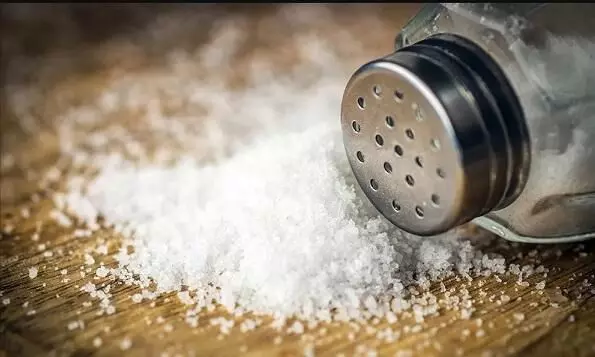
Love adding more salt to food on table?? beware!!!
text_fieldsNew York: Adding more salt to food at the table increases chances of chronic kidney disease (CKD), a study claimed. The risk was more pronounced among people with a higher estimated glomerular filtration rate -- indicator of kidney function -- and lower body mass index or physical activity level, reports IANS.
The study, which involved 465,288 participants, showed that a higher self-reported frequency of adding salt to foods -- a common eating behaviour shaped by a person’s long-term preference for salty taste in foods and habitual salt intake -- was significantly associated with an increased risk of CKD.
In the paper, published in JAMA Network, the team found that people who added salt to their foods were also more likely than those who did not add salt to their foods to be current smokers and have diabetes or CVD at baseline.
"The findings suggest that reducing the frequency of adding salt to foods at the table might be a valuable strategy to lower CKD risk in the general population," Rui Tang, from the Department of Epidemiology at Tulane University in the US.
Previous studies have shown that a higher self-reported frequency of adding salt to foods was associated with an increased risk of cardiovascular diseases, premature mortality, and type 2 diabetes.
The new study found that the positive associations of the self-reported frequency of adding salt to foods with the risk of CKD appeared to be attenuated with a higher BMI.
The team also observed the association of sodium intake with CKD was lessened in participants with regular physical activity compared with those who were less physically active, suggesting optimal physical activity might lower the adverse association of a high preference for salt with CKD.
This finding is supported by prior studies that reported increased physical activity was associated with better CKD outcomes, the researchers said.






















